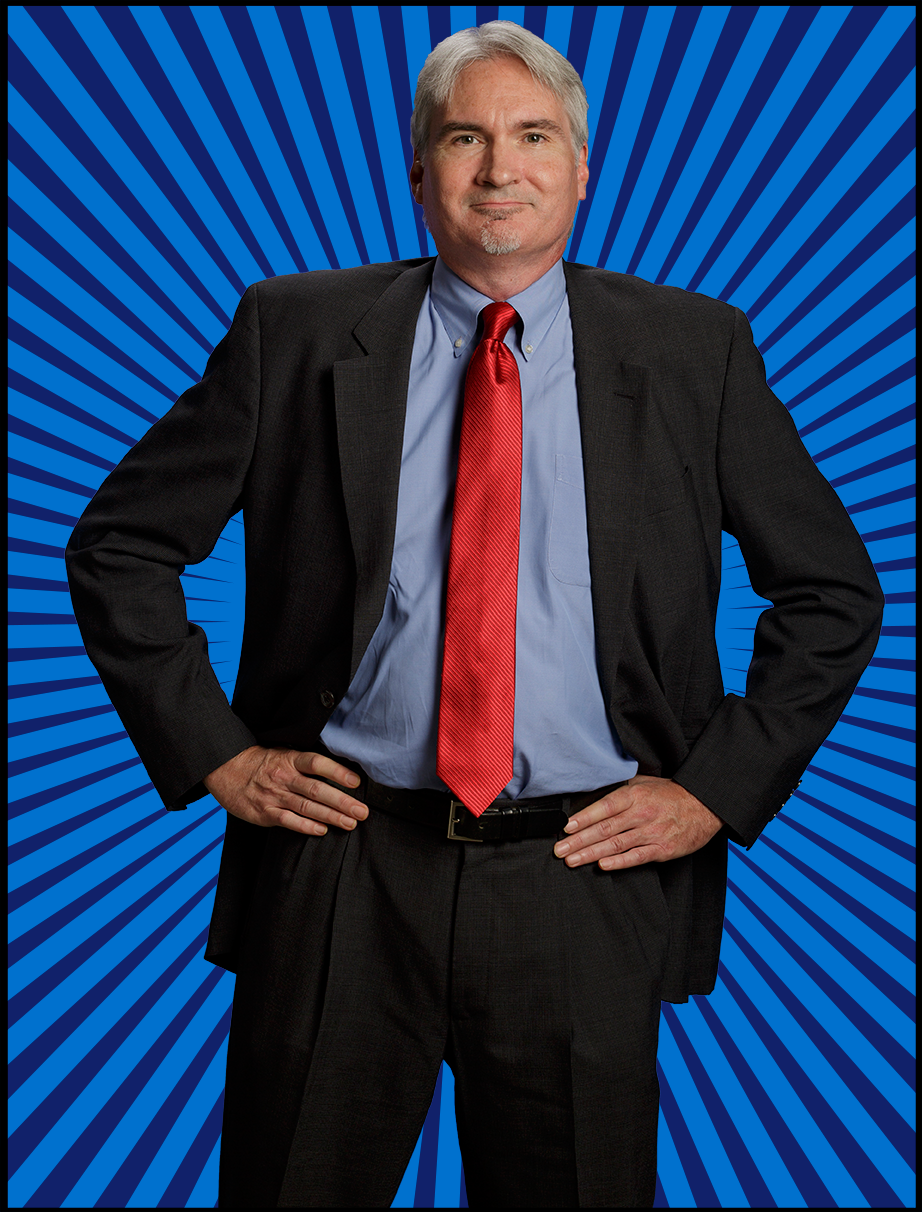
-
May 27, 2023
-
April 27, 2022
-
September 25, 2021
-
January 20, 2021
-
October 17, 2020
Tesla v. The Grand Tour
You don’t have to be a gearhead to appreciate (or revile) Jeremy Clarkson, who–along with co-conspirators Richard Hammond and James May–hosts The Grand Tour, a successor of sorts to the trio’s long-running BBC series Top Gear. (Top Gear is still around, just with different hosts.) Clarkson has never been known for being politically correct. He ran into trouble with the BBC over multiple incidents, and those incidents ultimately led to the non-renewal of his contract. The Grand Tour, featured on Amazon Video, is where Clarkson landed, very much on his feet.
Both series feature auto reviews, with the cars in question ranging from high-end-but-still-imaginable vehicles to the kind of “super cars” driven only by billionaires, professional athletes, and those with more money than sense. It was one of those billionaires–none other than techie golden boy, Elon Musk–whose company, Tesla, sued the BBC over some of Clarkson’s statements on Top Gear back in 2008. In a review of the Tesla Roadster, Clarkson commented that the car’s battery power tended to run out after just 55 miles, far less than the 200 then claimed by Tesla. As Clarkson also noted at the time, “it is not a quick job to charge it up again.” Tesla sued for defamation in an English court, but its suit was fairly promptly dismissed, the judge stating that no viewer could have reasonably compared the Roadster’s performance on a test track–as was shown on Top Gear–to “real world” street performance. Undeterred, Tesla amended its complaint, only to be dismissed a second time. While Tesla never collected any damages, the suit did cause Clarkson to swear off reviewing any Tesla vehicle for years.
Fast forward ten years to 2018, however, and Tesla is no longer a cult fad but is rapidly becoming a major market player. (There’s still no love lost between Clarkson and Musk, incidentally.) Tesla’s elevated status prompted Clarkson to take a look at the Tesla Model X, but, like anyone who has been burned by the courts, he loaded up and lawyered up–literally–in hilarious fashion, first.
Clarkson takes aim at Tesla’s litigiousness and at the legal profession, itself, both rather ripe targets. (And, of course, he hit Samsung. Can’t talk about batteries without talking about Samsung….) It all makes for great theater, but there’s a serious side to it. Even a voice as occasionally sensationalist and mockingly rude as Clarkson’s can have serious things to say, and when the legal profession places a chill on that kind of talk, it is not helping public discourse. Clarkson can come across as (and can be) boorish, but he also knows his stuff. Reviewers and opiners deserve a free hand until they genuinely cross a line. Clarkson’s message is both funny and cautionary.





